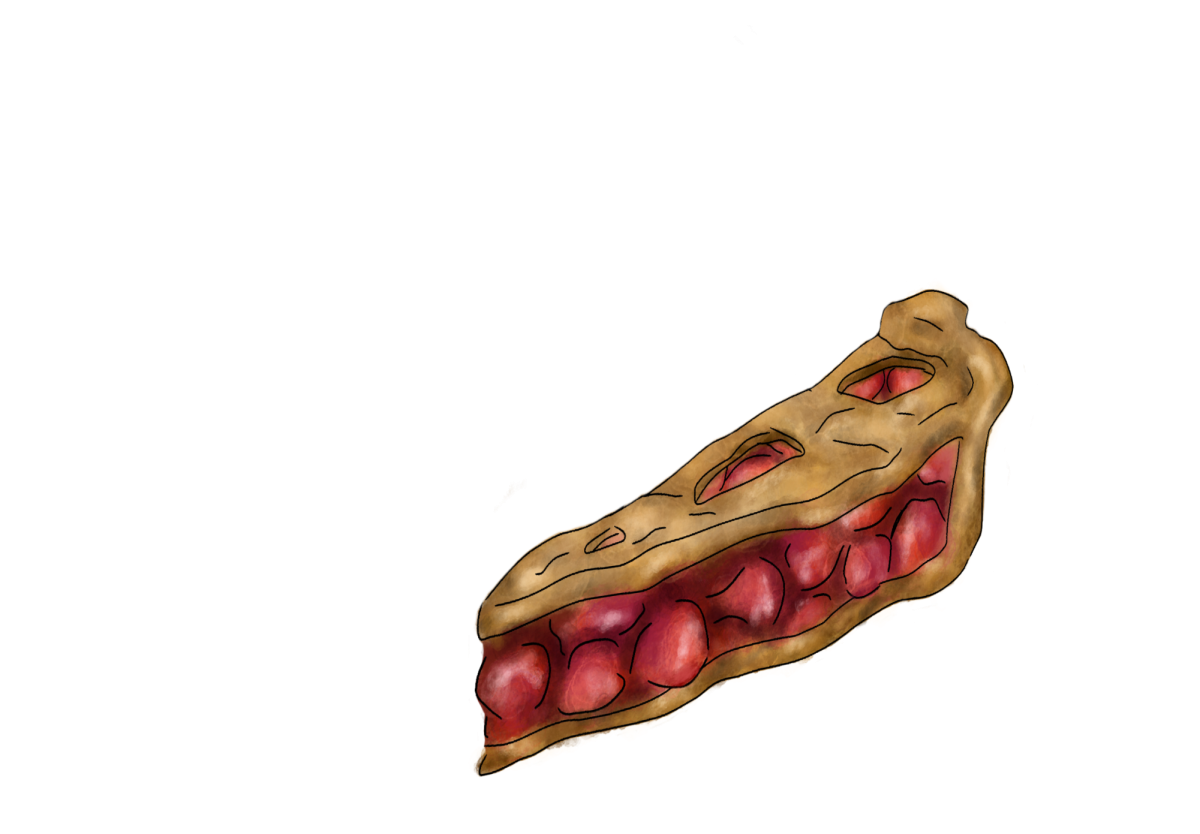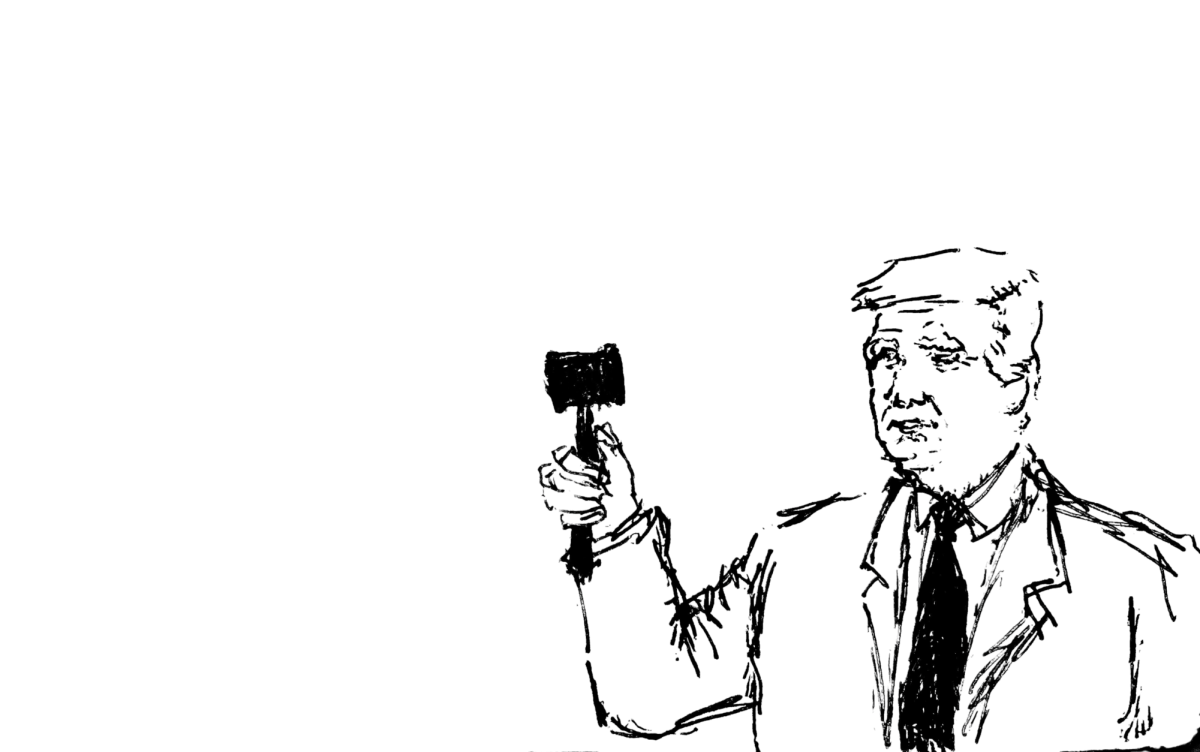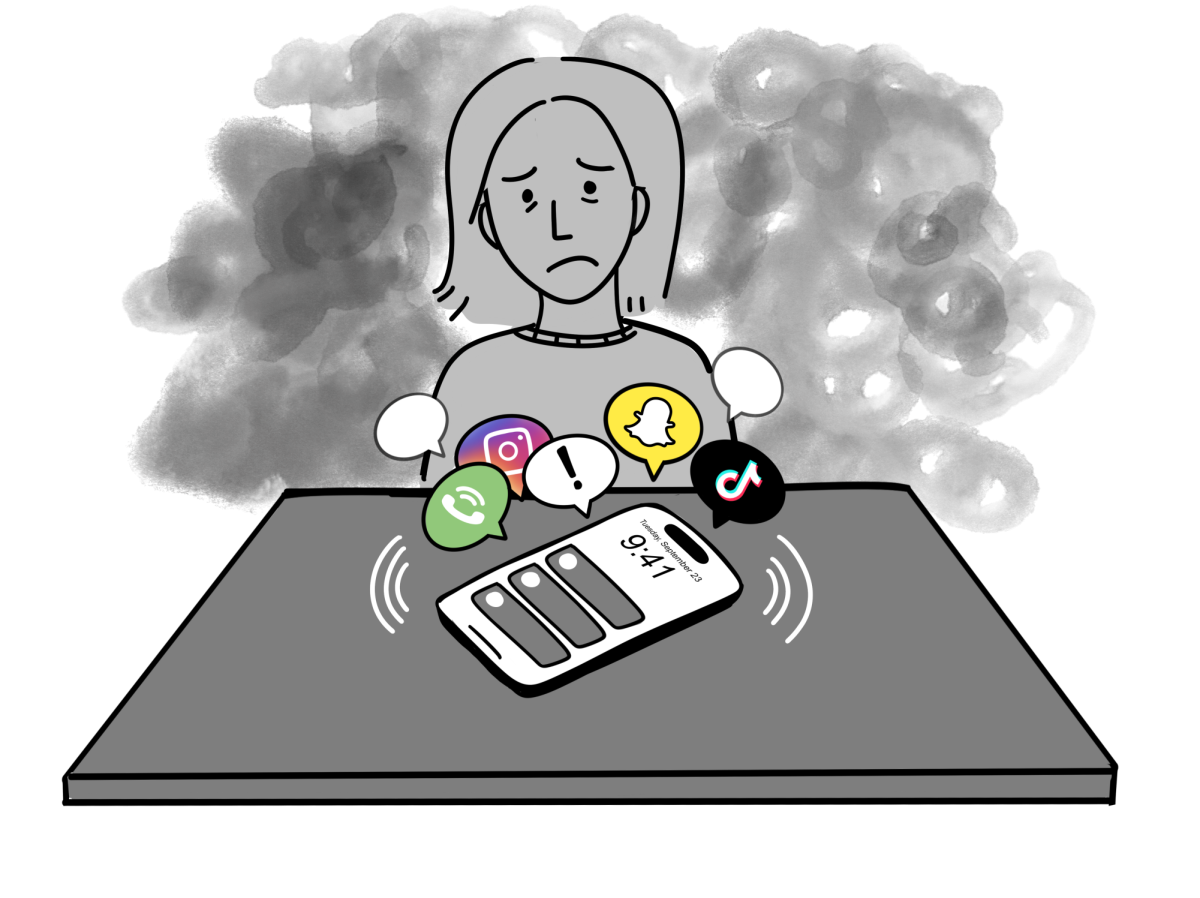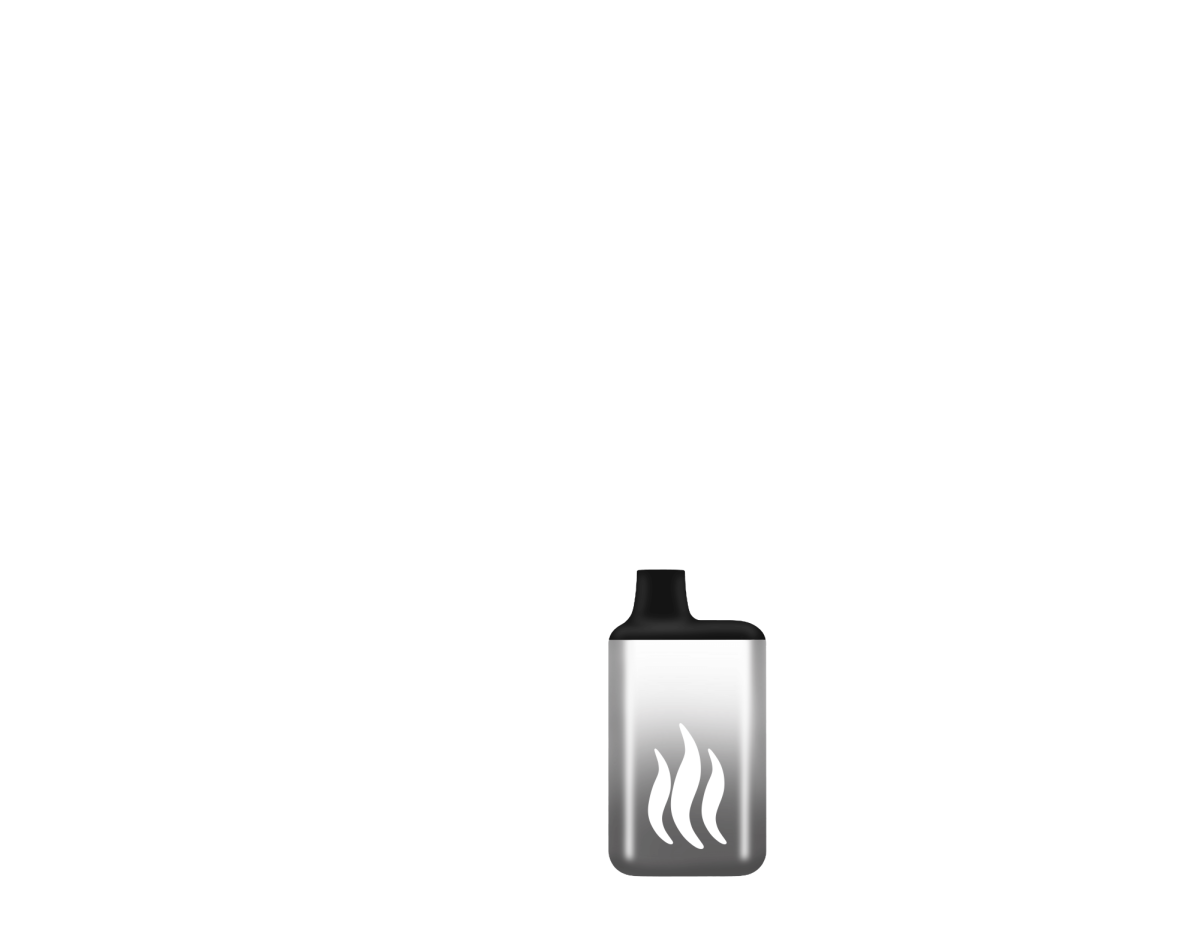Politics has always had the tendency to be hostile and violent. Winston Churchill had raw fish thrown at him during a rally, Julius Caesar was stabbed by members of his Senate, and former President Donald Trump was shot during his campaign to be president again.
American politics has had a long history of division: Federalist vs. Anti-Federalist, Alexander Hamilton vs. Aaron Burr, Union vs. Confederate, and now liberal vs. conservative. While division is necessary for the growth of a society, the current state of political division has gotten way out of hand. Trump survived an assassination attempt on July 13, near Butler, Pennsylvania, during one of his political rallies earlier this year. While this did come as a shock to most people in the country, there were, and still are, endless amounts of memes and videos online thanking Ryan Routh, the assailant, for taking a shot at Trump. Though horrifying, the assassination attempt was followed by a flood of reactions ranging from shock to celebrations. Memes and videos of the people thanking the assailant spread like wildfire. It’s no secret that Trump has become one of the most disliked politicians in US history. His policies on immigration, abortion, and education don’t sit well with most people. People have clearly gotten more aggressive when it comes to defending their political beliefs. We see this in the US Congress, rallies, local communities, and even around dinner tables.
Political division can be healthy for society. Division promotes a variety of ideas and creates room for discussions which lead to progress. But what we’re seeing now is way past beyond healthy debates. Our current state of division hurts our political structure and society. When a former president gets shot at not once, but twice, we have to ask ourselves what sort of precedent we’re setting. What does this mean for future political figures? What does this mean for our democracy? The foundation on which this country was built. It’s things like this that bring the downfall of a society. It brought down Rome, Egypt, Russia, and if we’re not careful, it will bring us down too.
Let me be clear, I am neither defending Trump nor his policies. However, I do sympathize with him, as he is a husband and father. He might not be my favorite person, but he’s still a person. If we allow our political division to keep going on unchecked, we risk dehumanizing those with opposing views. This brings us to one of the bigger roots of our political division: mistrust. It’s hard to trust people with opposing views. However, we need to have faith in the electoral system. Our mistrust will only deepen if we don’t have faith in the system, and have faith in people.
The media also plays a big part in political division. News outlets, as well as social media, tend to feed into the fallacy of political polarity. For instance, when mapping out blue and red states, news outlets tend to present a state as all blue or all red. However, a continuous hue shows how politically diverse we really are within each part of the country. Such depiction would remind us that we’re not as divided as we may think. It’s not we versus the world.
The solution to political division starts with us. We need to be more tolerant of other people’s beliefs, despite how discomforting it may be. We can’t expect civil discourse if we can’t discuss. A way to accomplish this is also by participating in more local, smaller, politics. National politics often dominate headlines and feel more crucial yet distant. However, partaking in local politics allows you to collaborate with others on a much smaller stage. In the end, the political health of our country is dependent on our ability to bridge the gaps between us. If we can learn to listen to each other, control our emotions, have faith in eachother, and engage in thoughtful debates, we might find a way to come together.





